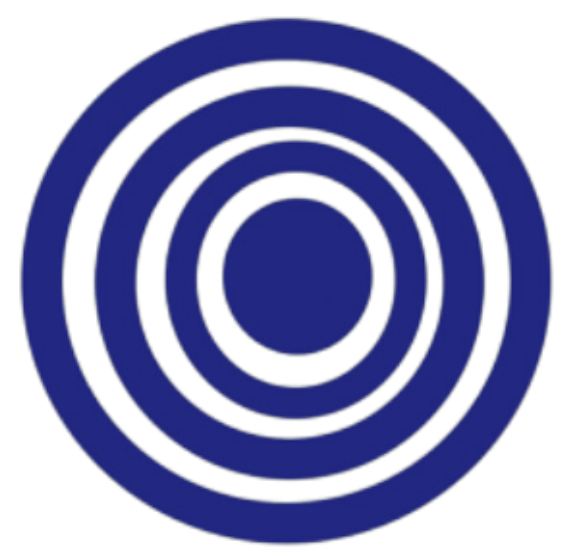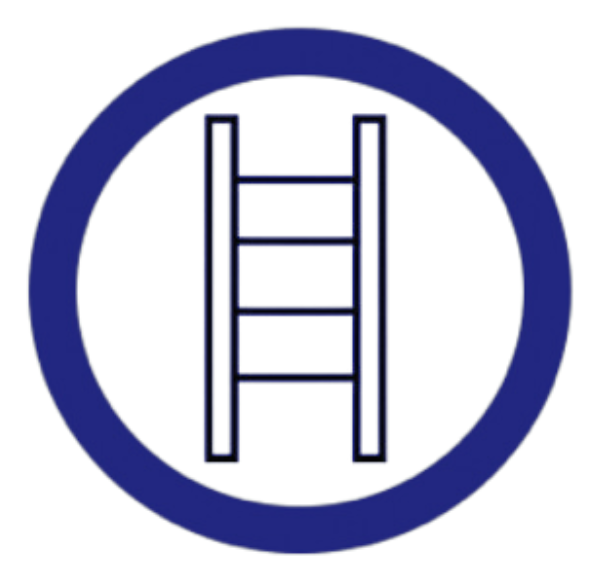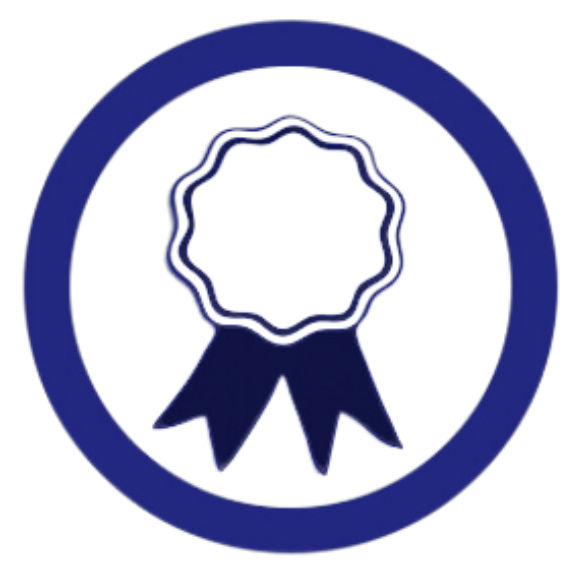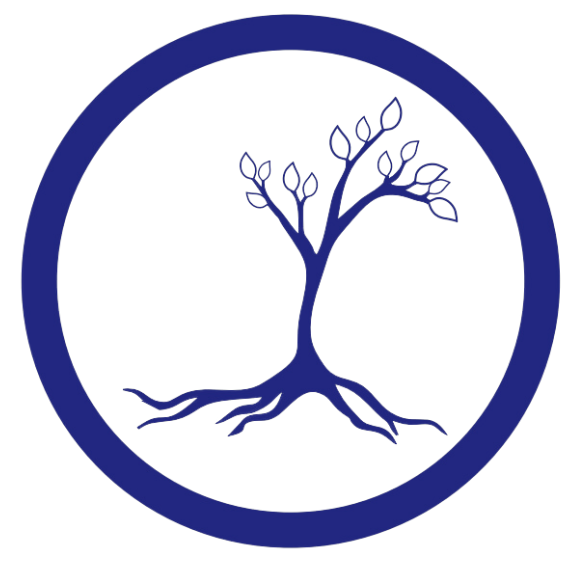Computing
 Intent
Intent
Our aim is for all pupils to be masters of technology. Technology is all around us and will play a pivotal part in our pupils’ lives. Therefore, we want to model and educate our pupils on how to use technology positively, responsibly and safely.
We want our pupils to be creators not consumers and our broad and balanced curriculum here at Bowes supports us to do this. Our intention is for all pupils to understand that there is always a choice when using technology and as a school, we utilise the Social Media channels Instagram and Twitter to model positive use. We recognise that technology can allow pupils to share their learning in creative ways.
We also understand the accessibility opportunities technology can provide for our pupils. With 1:1 Chromebook use, and 30 iPads per year group across the school, our knowledge-rich curriculum is balanced with the opportunity for pupils to apply their knowledge creatively in all subjects, which will, in turn help our pupils become skilful computer scientists.
 Implementation
Implementation
We use a clear and effective, bespoke cross curricular scheme of work to ensure full coverage of National Curriculum expectations. Our curriculum ensures that, through carefully planned and sequenced lessons, pupils make progress across all key stages within the strands of digital literacy, information technology and computer science.
Pupils participate in a weekly computing lesson using the ‘Kapow’ scheme of work. This programme ensures pupils are able to develop depth in their knowledge and skills. Lessons build on what the pupils already know and the subject knowledge that is imparted becomes increasingly specific and in depth, with more complex skills being taught. Detailed lesson plans ensure that all teachers are equipped with the secure knowledge required to deliver high-quality teaching and learning opportunities.
Our Computing programme includes an Online Safety unit and a further unit covered within our PSHE curriculum. All pupils receive an internet safety workshop delivered by an external provider. These are tailored to each year group.
Further computing opportunities are identified in other curricular areas, such as research tasks, data handling, photography, filming, etc. These links support pupils in making connections and remembering the steps they have been taught in their discrete computing lessons.
 Impact
Impact
The curriculum is the progression model. If pupils are able to demonstrate they are able to know and remember more against our curriculum expectations they are making good progress and attaining expected standards.
During and/after lessons, pupils are assessed through informal assessment techniques: questioning, conferencing, reviewing written work against learning objective/success criteria, short retrieval activities.
At the end of each unit, pupils complete an end of unit quiz.
Each class has a Book Creator class book where videos and photos of lessons taking place are recorded.
 Beyond the Curriculum
Beyond the Curriculum
Our vision is to embed computing in as many learning opportunities as possible to prepare our pupils for the ever-changing digital world that they are growing up in. Employing these cross-curricular links motivates pupils and supports them to make connections and remember the steps they have been taught. As computing technology underpins today’s modern lifestyle it is essential that all pupils gain the confidence and ability that they need in this subject, to prepare them for the challenge of a rapidly developing and changing technological world.
All pupils at Bowes have the opportunity through their education to experience computing outside of their discrete computing lessons. Through these stimulating and challenging experiences pupils will continue to develop their love for learning and through this become confident and independent users of a range of software and hardware.
Some of the ways in which we use technology outside of discrete computing lessons are:
- The use of aids such as text to speech/ speech to text
- The use of Applications such as Google Jamboard, iMovie and Google Slides for group projects particularly in Upper Key Stage Two
- The 1:1 roll out of Chromebooks has enabled pupils to complete online learning such as MyiMaths and Spelling Shed at home
- The use of computing to maintain communication and remote learning (through live and pre-recorded lessons) during the Covid-19 pandemic
- Global awareness weeks/days – Internet Safety week/Day
- Computing Online Safety and Digital awareness opportunities for both pupils and parents
Please find available for download the Computing Primary National Curriculum and our Computing overview.
